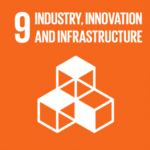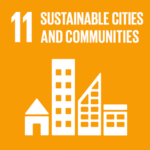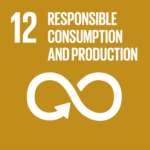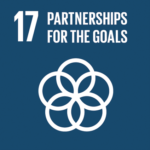Finland joins non-paper: The bioeconomy must be at the core of the EU’s industrial policy
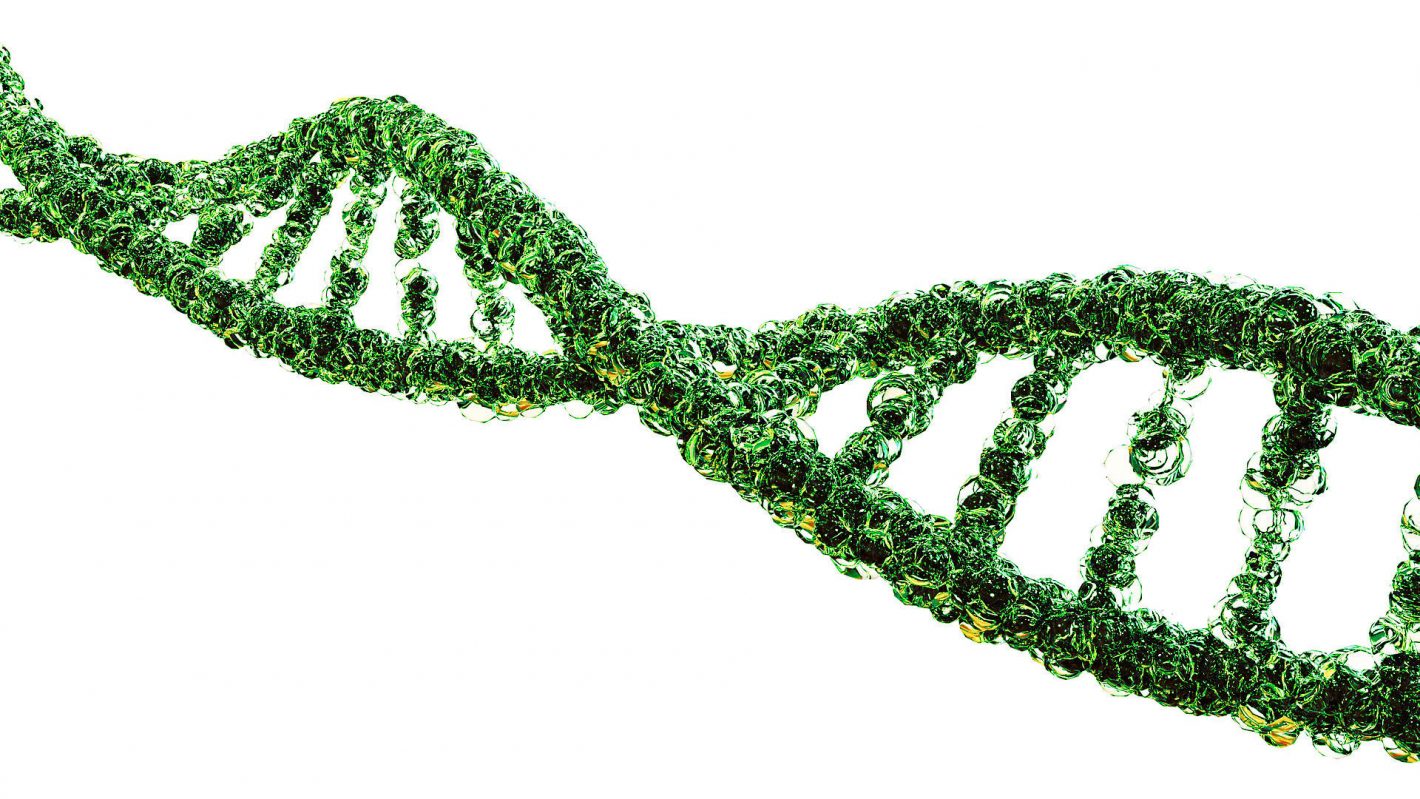
Case - Published 23.2.2024
Bio-based solutions and biotechnologies drive circular bioeconomy. They boost EU competitiveness, create jobs, and enhance resilience. Key areas such as biotechnology and biosecurity need investments. Estonia, Finland, Italy, Latvia, Spain and Sweden have prepared a non-paper on bioeconomy that was published on 16 February 2024.
In a joint proposal by six European Union member states, including Finland, proposals for advancing the EU’s bioeconomy have been outlined. The non-paper was published to provoke discussion about bioeconomy in the European Union.
Bioeconomy covers all sectors and systems that rely on biological resources, their functions and principles. For example, raw materials obtained from forests, fields, and water bodies, as well as products made from them, are part of bioeconomy. However, these do not make up all of bioeconomy, as biotechnology and the use of microorganisms are also included in the sector.
Turning science into innovations and value-added products
The role of biotechnology is highlighted in the non-paper, as it predicts a biotechnological revolution in the near future. As new biotechnology applications, such as proteins for food and feed, medicines, chemicals and bio-synthetic materials are developed, the revolution is expected to reach both industrial processes and consumer lifestyles.
This development underscores the importance of emphasizing innovations, investments and production that contributes to increasing the value added.
Innovations and research are the starting points for high value-added bio-based products and uptake of biotechnology. After this, it typically takes 5–10 years and an investment in the range of 10–50 million euros to develop new value-added bio-based product for market entry.
The non-paper underscores the importance of both public and private funding on enabling innovations, new technologies and manufacture in European Union. In order to achieve the goals and potential benefits from bioeconomy, the member states in the non-paper ask for recognizing bioeconomy as an elementary part of EU´s industrial policy and its instruments. This includes e.g. renewing EU´s bioeconomy strategy and establishing for example an industrial alliance.
Bioeconomy supports the green transition – when done sustainably
Sustainable bioeconomy can serve as a solution to several global environmental, climate, food system, and energy security challenges. This non-paper discusses, for example, the potential of nature-based, renewable solutions for replacing fossil-based products in packaging, textiles, and fossil fuels. In construction, using wood and other bio-based products can function as carbon storage and decrease the carbon footprint of the sector.
The non-paper points out that the innovations and circular solutions should be done simultaneously with target-oriented climate policy and resource-efficiently. This highlights the role of sustainability work in the bioeconomy sector.
A sustainable bioeconomy requires a sustainable supply chain. This includes sustainability in all stages from manufacture to the customer. Strengthening the ‘doing more from less’ principle of circular economy and ensuring the sustainability of the raw material base will help achieving the goals of sustainable development and solving global challenges.
The non-paper has been published on the website of the Ministry of Economic Affairs and Employment.

